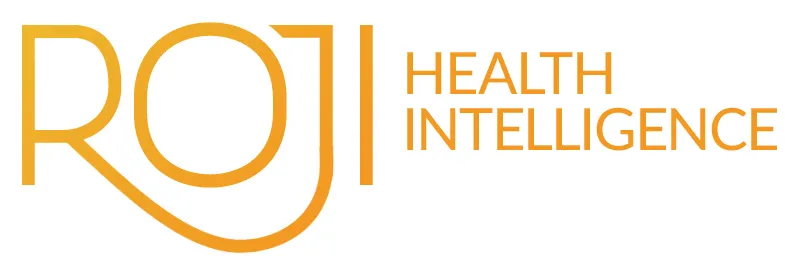Everyone who’s reeling from 2020 is hoping for light in 2021. Health care, especially—systems, hospitals, clinical practices and their providers—wants the pain to stop. What might lie ahead for health care next year? Here’s what we’re thinking about the near future, and what you should watch for in 2021. 1. Health care providers will be […]
The 2021 QPP Final Rule: A Warning Bell for ACOs and a Wake-Up Call for MIPS Participants
In a mere 2,165 pages, CMS has solidified the provisions of the 2021 Physician Fee Schedule and Quality Payment Program (QPP) Final Rule. The Final Rule strongly resembles the Proposed Rule, and the implications, particularly for ACOs, are staggering. Medicare Shared Savings Program Accountable Care Organizations (MSSP ACOs) and the Alternate Payment Model (APP) Pathway […]
Video: How to Engage Specialists Through Centers of Excellence
Specialists will engage in cost performance improvement if they believe they can provide better care for their patients and improve their own clinical excellence. Here’s how to achieve that through Episodes of Care, and how ACOs and health systems can help. You’ll find more details in last week’s post, Five Ways to Manage Specialty Costs […]
Five Ways to Manage Specialty Costs Without Bundled Payments
When health plans and Medicare propose controlling the cost of specialty care, expect that bundled payments will be the next suggested solution. With the introduction of every new specialty-focused payment model, an episode-based bundled payment model is involved. But let’s say you’re an ACO with no interest in bundled payments arrangements. You may not even […]
Video: Cost Transparency Gives ACOs a Competitive Edge Under Risk
While your ACO isn’t subject to CMS’s new rules about cost transparency, you’d be well advised to adopt this method to succeed under Risk through your own modified approach. As your organization establishes mutually beneficial relationships with providers, you can’t avoid the choice to achieve savings by prioritizing strategies to focus on cost variations and […]
Video: Create Effective Partnerships with Physicians for Value-Based Reimbursements
Physicians were trained to be scientific problem-solvers. Reach your potential under Risk by tapping into their overlooked talent to find the balance between best practice and costs. Learn Three Fixes for ACOs’ Physician Engagement Strategies here. Founded in 2002, Roji Health Intelligence guides health care systems, providers and patients on the path to better health […]
Three Fixes for ACOs’ Physician Engagement Strategies
ACOs know that reducing costs is the key goal for Value-Based reimbursement. But strategies on how—or even whether—to engage physicians in that goal have not always been successful, to the detriment of all involved. Part of the problem is that provider revenues still stem from Fee-for-Service payments. Physicians are still rewarded based on meeting volume […]
Video: The Right Data for Value-Based Success
Claims data isn’t all you need to succeed under capitation. Here’s why provider EHR clinical data should be added to identify variation in care and engage providers. Founded in 2002, Roji Health Intelligence guides health care systems, providers and patients on the path to better health through Solutions that help providers improve their value and succeed […]
Straight Talk for Providers Adopting Capitation: Don’t Fly Blind Without the Right Data
Value-Based Reimbursement—once focused on incentives and shared savings—now more often means capitation. Whether adopting Medicare Alternative Payment Models (APMs) or contracting with health plans, physician groups and health systems have signaled greater willingness to adopt these new Risk payment models with their guaranteed payments for attributed patients. But here’s the problem: If you don’t have […]
Video: Specialists and Value-Based Reimbursements
With specialists driving a significantly large share of ACO costs, consider how to use episode-based inquiries in your ACO strategy. The higher the financial risk for ACOs, the more critical it is to incorporate specialty episodes and other features effectively. Read more here. Founded in 2002, Roji Health Intelligence guides health care systems, providers and […]










